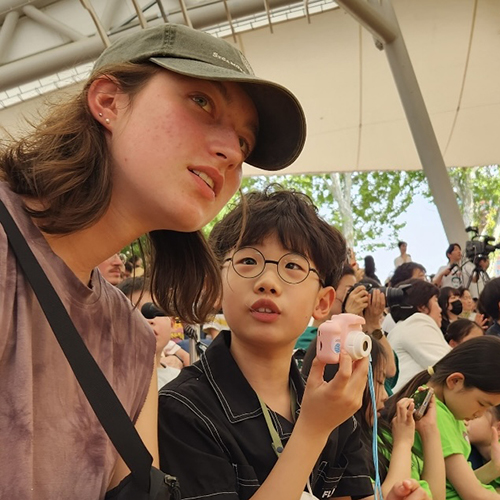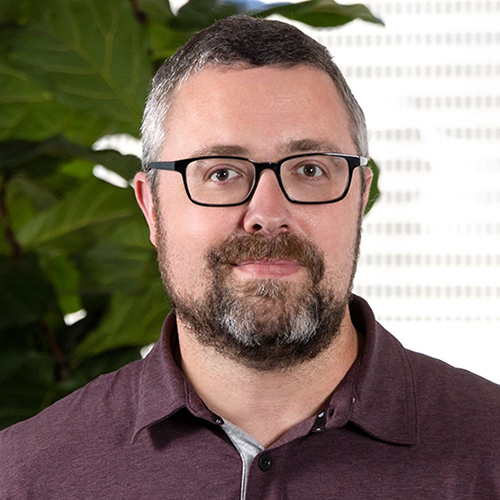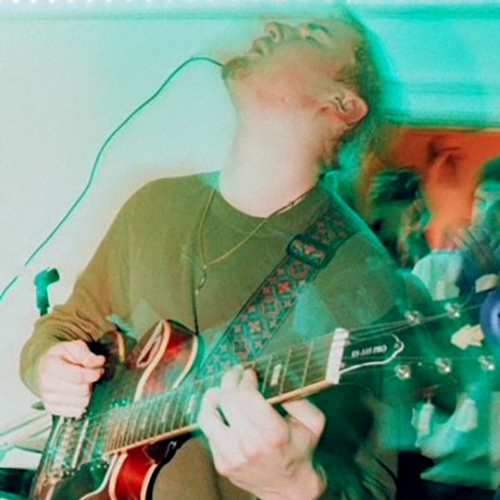Harriet Dumba (BA, Women Studies/General Studies-Public Health, '04; MPH, ‘07) arrived in Seattle in her teens, leaving war-torn Sudan and refugee camps in Uganda and Kenya behind her. Agnes Oswaha (BA, Law, Societies, and Justice/Political Science, ‘05; MSW, ‘09) arrived in Seattle at age 21, directly from Sudan. Both were eager to settle in the U.S. They didn’t anticipate the sense of isolation they would feel in their new community.
When Dumba and Oswaha met and compared notes, they decided to do something to ease the isolation for future arrivals. “We wanted to find a way to bring people together, given that so many of us are resettled here without our parents or immediate relatives,” says Dumba.

They founded the Southern Sudanese Women’s Association (SSWA), a non-profit aimed at helping new refugees connect and settle into life in the U.S. The organization provides support for things like English as a Second Language classes and driving school, and funds educational scholarships, 75 percent of which go to women.
“Becoming a non-profit gave us access to resources and forced us to be more organized,” says Oswaha. “It took a lot of time and was challenging, but it also gave us the opportunity to meet with other groups and share information and ideas. That was fun.”
SSWA was going strong when Dumba, by then a UW undergraduate, traveled to her home village in Sudan and saw firsthand the devastation wrought by years of war and disease. “We were already losing so many people in Sudan with the war, and then losing more with HIV,” says Dumba. “I asked myself, ‘Shouldn’t we do something about this? What good will it do to just keep it inside and tomorrow blame oneself?’”
When Dumba returned to Seattle, she and Oswaha launched a second non-profit, Hearts of Angels for Health-Sudan Initiative (HAH-S), to focus specifically on Sudanese health issues. They passed the leadership of SSWA on to others to make time for this new effort.
“The name ‘Hearts of Angels’ speaks strongly to the belief held by many in Southern Sudan that those who have the heart and commitment to work for them are driven both by a spiritual calling and by a drive for social justice,” explains Dumba.
Dumba and Oswaha envisioned health programs in Sudan, but the high incidence of HIV/AIDS among Sudanese in King County, Washington, was also a pressing issue. They became certified HIV/AIDS instructors with the American Red Cross and planned HIV/AIDS workshops locally and in Southern Sudan, gathering data about the knowledge, attitudes, and practices regarding the virus and its transmission in Sudan's rural communities.

As the project has grown, so has the founders’ knowledge of HIV/AIDS. For her master’s degree in public health and community medicine, Dumba completed a practicum working with NGOs in Sudan; her master’s thesis, “Knowledge and Attitudes of HIV/AIDS among Second School Youth in war torn Southern Sudan," was tailor-made for HAH-S. Meanwhile Oswaha earned a masters in social work and began working for the Government of Southern Sudan Mission to the U.S.
Dumba recently left a job at Center for Human Services, a federal research program aimed at improving community well-being, and plans to focus her energies on next steps for HAH-S. “I’m trying to put more time into HAH right now,“ she says. “I’m hoping one of these days to get a big grant, God willing, so that we can carry on this crucial work in the communities both in the diaspora and Sudan.”
HAH-S has already received local recognition. In August 2009, the Seattle Storm basketball team awarded Dumba and Oswaha a “2009 Women of Inspiration” award for their humanitarian work. Attending the award event and seeing themselves projected on the big screen was a moment they won’t soon forget.
“Wow,” Dumba recalls thinking. “We were poor kids from a village in Africa, and now we’re on a TV screen in Seattle. It is not our planning, but that of God.”
Next year, Dumba will bring a team of volunteers to Southern Sudan. She welcomes others with an interest in Sudan to participate. "We're happy to bring anyone who wishes to share their expertise," she says.
To learn more about Hearts of Angels for Health-Sudan Initiative, visit www.hah-s.org.
More Stories

Finding Family in Korea Through Language & Plants
Through her love of languages and plants — and some serendipity — UW junior Katie Ruesink connected with a Korean family while studying in Seoul.

Working Toward Responsible AI
Artificial intelligence (AI) is an essential tool at Indeed, a global job-matching and hiring platform. Trey Causey (2009) works to ensure that the company's AI promotes equity and fairness.

Celebrating Contemporary Indigenous Music
Markus Teuton, a musician and citizen of Cherokee Nation, explores contemporary Indigenous music through his academic work and as host of “Indigenous Jazz,” a radio show.